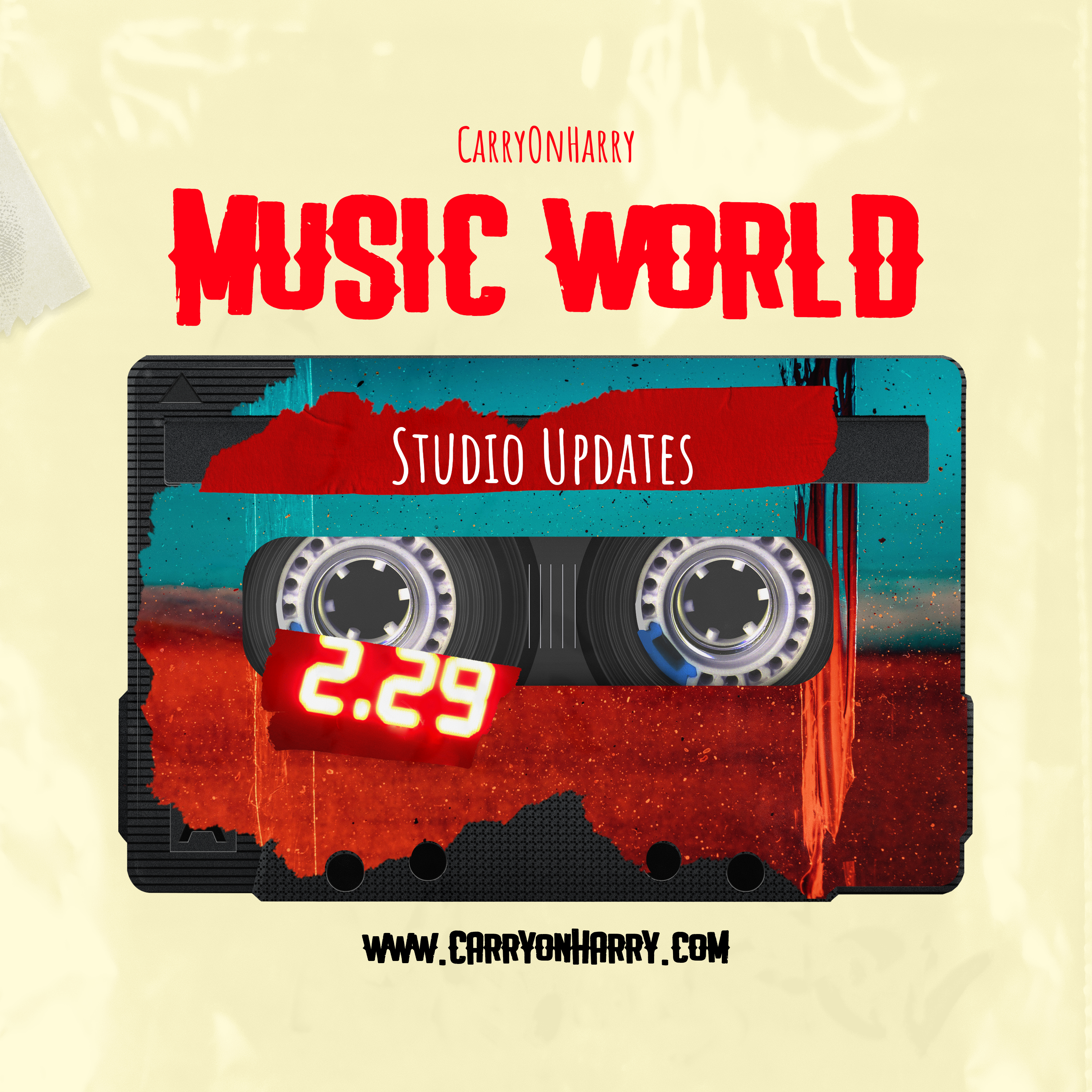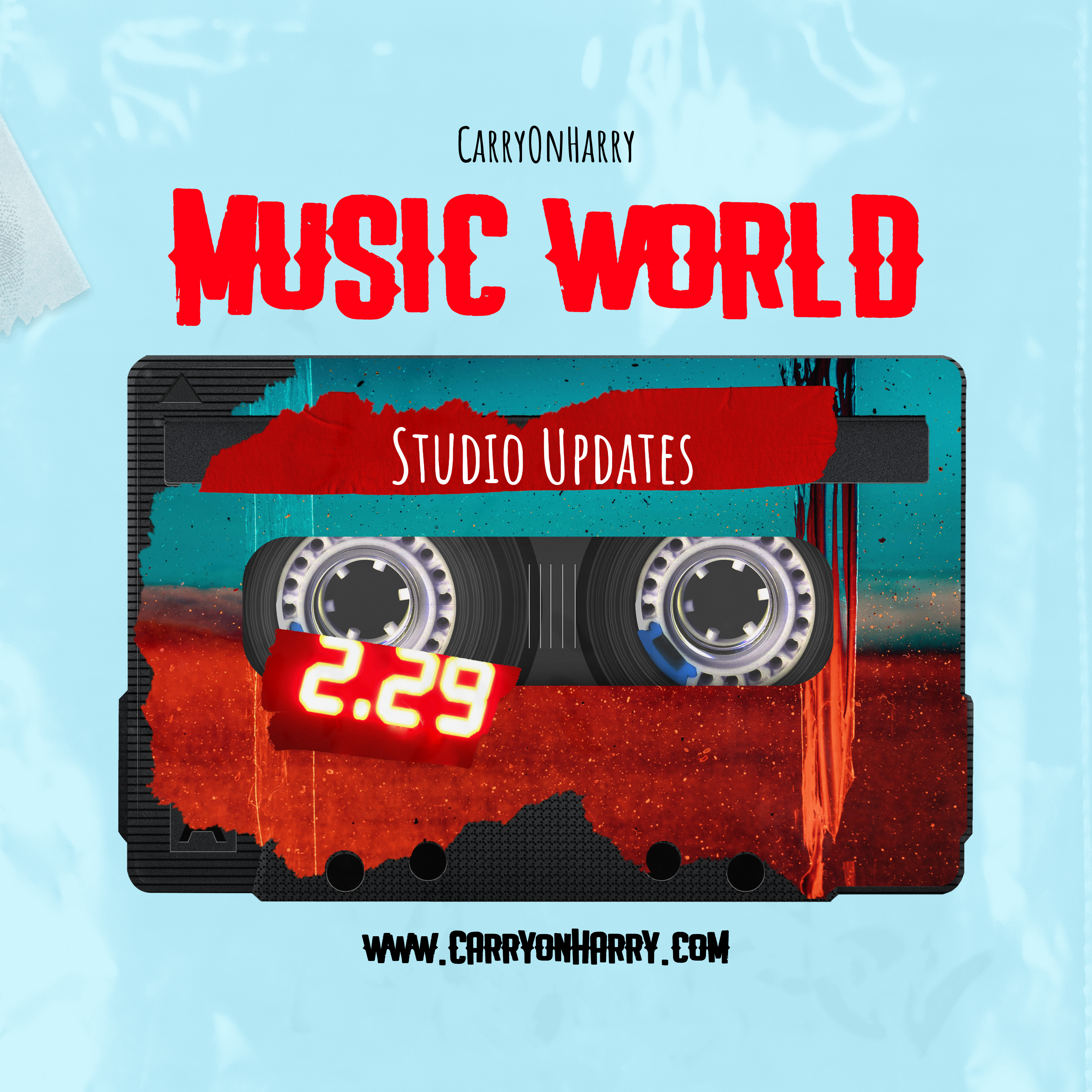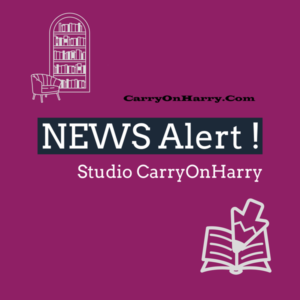Interviews
Interview With Cecilia La Roja her new song release Hablame
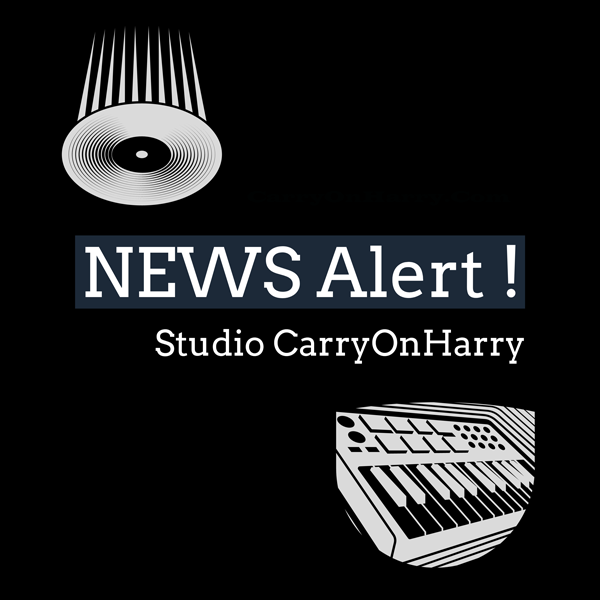
Interview With Cecilia La Roja her new song release Hablame
Tell us about yourself ?
Life is a mystery, a continuous journey towards oneself and towards others. I still don’t know what tomorrow holds for me. Writing songs and singing them with closed eyes is what my present is. My musician friends are the souls that allow me to connect with the universe. Mike Mango, Frank Petrarca and Daniel Cuscuna are the heart of the band. The producer is the flamenco guitarist Alex D’Alessandro.
How long you been in performing arts ?
My father bought me a guitar when I was 10 years old. I have been been transforming the vibrations of my life into music ever since.
What was most attractive part for you to be in this industry ?
Translating the vibrations of the earth into music and poetry.
Share some experiences ( good or bad ) any that made you grow in life or profession ?
Street art, performances among people and on streets around the world have led me to stay in close contact with the truth, as I described in my song Hablame.
Who inspired you ? How do you work on creating your own signature style ?
Style is something innate. Something you don’t look for. It is tied to the truth. The truth is only found in the simplicity of things. Songs and style are already written in the wind. We just look for them.
What do you want to convey through your music?
A dance of emotions (given and experienced)
Story behind making of your new track / Album?
 Hablame, my last song says: “Talk to me like the hope that speaks to the world. Talk to me like the beauty is right. Talk to me even without words, like a newly bloomed rose that makes itself heard in the midst of silence.
Hablame, my last song says: “Talk to me like the hope that speaks to the world. Talk to me like the beauty is right. Talk to me even without words, like a newly bloomed rose that makes itself heard in the midst of silence.
Any interesting trivia about making of song ?
Sometimes it starts from a song.
People who you would like to thank ?
My friend and record producer Louis Siciliano, and my producer Alex D’Alessandro.
People who you would like to work with and people you idolize to be like professionally ?
With artists who have something to say.
Where do you see your music 3 years from now ?
On Mars.
How would you like to stretch your boundaries of genre in future projects ?
I live in the present and allow beauty to happen.
Message for Fans and listeners
Tell me about you. I talk to you singing.
Facebook Handle
https://www.facebook.com/cecilialaroja
Twitter Handle
Instagram Handle
https://www.instagram.com/cecilialaroja.fanpage/
Spotify Handle
Interviews
podcasting microphone

Understanding Podcasting Microphones: An In-Depth Guide for Beginners and Professionals
Types of Podcasting Microphones
Dynamic Microphones
Dynamic microphones are the most popular choice for podcasting. They convert sound into electrical signals using a diaphragm, coil, and magnet. These microphones are robust, can handle high sound pressure levels, and require less gain than other types. This makes them excellent for capturing voices in less-than-ideal acoustic environments. The Shure SM7B and the Electro-Voice RE20 are industry standards among podcasters.
Condenser Microphones
Condenser microphones are sensitive and tend to capture a wider frequency range compared to dynamic microphones. They require phantom power to operate and are ideal for capturing subtle vocal nuances, making them great for voice work in studios. Notable condenser microphones include the Audio-Technica AT2020 and the Rode NT1-A, both widely admired for their clarity and depth.
Lavalier Microphones
Lavalier microphones, or lapel mics, are small, clip-on devices ideal for interviews and on-the-go recording. They ensure hands-free operations and are particularly useful for video podcasts. Wireless options add flexibility, allowing hosts to move freely during recordings. Popular choices include the Rode SmartLav+ and the Sennheiser ME 2-II.
USB Microphones
For those looking for simplicity and convenience, USB microphones are perfect. They connect directly to a computer without the need for additional equipment. While they may not deliver the same quality as XLR microphones, models like the Blue Yeti and the Audio-Technica ATR2100x-USB are excellent for beginners and home podcasters.
Important Features of Podcast Microphones
Frequency Response
Frequency response defines how a microphone reacts to different sound frequencies. Most voices fall within the 80Hz to 15kHz range, so a good podcasting microphone should adequately capture this spectrum. A flat frequency response is usually preferable, allowing for a more natural sound.
Polar Patterns
The polar pattern of a microphone determines its sensitivity in various directions. The most commonly used patterns are:
- Cardioid: Ideal for podcasting as it captures sound from the front while minimizing background noise.
- Omnidirectional: Captures sound from all directions, useful for roundtable discussions but picks up more ambient noise.
- Bidirectional: Captures sound from the front and rear, suitable for interviews between two people.
Sensitivity and Sound Pressure Level (SPL)
Sensitivity measures how effectively a microphone converts sound into an electrical signal. A higher sensitivity microphone captures softer sounds without requiring additional gain. Sound pressure level (SPL) measures how loud of a sound the microphone can handle without distortion. Choosing a mic with appropriate SPL ratings is crucial, especially in louder environments.
Essential Accessories for Podcasting Microphones
Pop Filters
Pop filters reduce plosive sounds (like “p” and “b” sounds) that can cause distortion. They are typically made of a screen or foam, which diffuses rapidly moving air before it hits the microphone diaphragm.
Microphone Stands and Boom Arms
Proper positioning is critical for optimal audio capture. Microphone stands and boom arms allow podcasters to adjust their microphone’s position easily while keeping hands free for notes or gestures.
Shock Mounts
Shock mounts prevent vibrations and handling noise from reaching the microphone, ensuring cleaner recordings. They are especially useful when recording in less controlled environments.
Audio Interfaces
For those using XLR microphones, an audio interface is necessary to convert the analog signal into digital for your computer. Popular models include the Focusrite Scarlett 2i2 and the PreSonus AudioBox USB, which provide excellent sound quality and ease of use.
Tips for Choosing the Right Microphone
Define Your Needs
Consider your podcasting style. Are you recording solo, interviews, or panel discussions? The type of conversations you have will dictate your microphone choice.
Budget Considerations
While it’s easy to get carried away with high-end equipment, plenty of budget-friendly microphones offer excellent quality. Determine a budget that allows for good quality without breaking the bank.
Test Before You Buy
Whenever possible, test microphones in-store to find the sound that best suits your voice. Listening to the audio capture can significantly influence your decision.
Read Reviews and Watch Tutorials
Before investing, check online reviews and tutorials. Many YouTube channels offer in-depth sound tests and comparisons to help you make informed choices.
Maintenance and Care for Podcasting Microphones
To extend the lifespan of your microphone, regular maintenance is vital. Here are some key maintenance tips:
- Keep it Clean: Dust and saliva can accumulate and affect sound quality. Use a soft cloth to wipe down your microphone regularly.
- Use Windscreens: For outdoor recording, use a windscreen to prevent wind interference and protect the mic from moisture.
- Store Properly: When not in use, store your microphone in a protective case to prevent physical damage.
Enhancing Your Podcasting Experience
Investing in a good microphone is just the beginning. To fully get the most out of your podcasting experience, include thorough planning, effective editing software, and quality recording space. An acoustically treated room, for example, can significantly reduce background noise and enhance vocal clarity.
Understanding the nuances of podcasting microphones will empower you to make informed decisions that improve your production quality. Armed with the right microphone and accessories, you can deliver a rich audio experience, engage your audience, and elevate your podcasting journey to new heights.
Interviews
Veteran actor Manoj Bajpayee speaks out against the growing influence of PR in Bollywood

From the BalleBalleRadio Entertainment Desk
Manoj Bajpayee, a celebrated actor known for his powerful performances, has recently voiced his concerns regarding the pervasive influence of PR machinery within Bollywood. Bajpayee argues that the industry’s increasing focus on public relations often overshadows genuine acting talent, leading to a skewed perception of success and merit.
Bajpayee’s comments come amidst ongoing debates about the phenomenon of ‘National Crush’ titles and the superficiality of fame. He suggests that such manufactured hype can be detrimental to the careers of trained actors who dedicate themselves to the craft, but may not possess the resources or inclination for extensive self-promotion.
He emphasized the importance of acting prowess over PR stunts, highlighting the potential humiliation faced by actors who have honed their skills through rigorous training, only to be sidelined by individuals prioritizing media visibility. Bajpayee’s own career, alongside that of fellow actor Piyush Mishra, serves as an example of sustained success built on consistent, quality performances rather than fleeting PR campaigns.
For more updates, follow us on https://facebook.com/balleballeradio. Like, Share, Comment!
-

 Editor's Choice5 months ago
Editor's Choice5 months agoRanveer Singh and Deepika Padukone Reunite for New Romantic Comedy
-

 Editor's Choice11 months ago
Editor's Choice11 months agoReview: Rekhachithram (2025) – A Masterful Blend of Mystery and Redemption
-

 People's Choice6 months ago
People's Choice6 months agoBollywood in August 2025: A Landscape of Sequels, Social Commentary, and Star Power
-
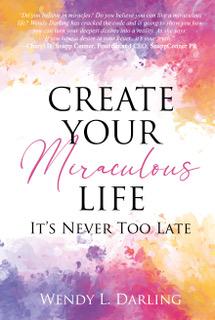
 Authors and Artists5 years ago
Authors and Artists5 years agoCreate Your Miraculous Life: It’s Never Too Late Wendy L. Darling

